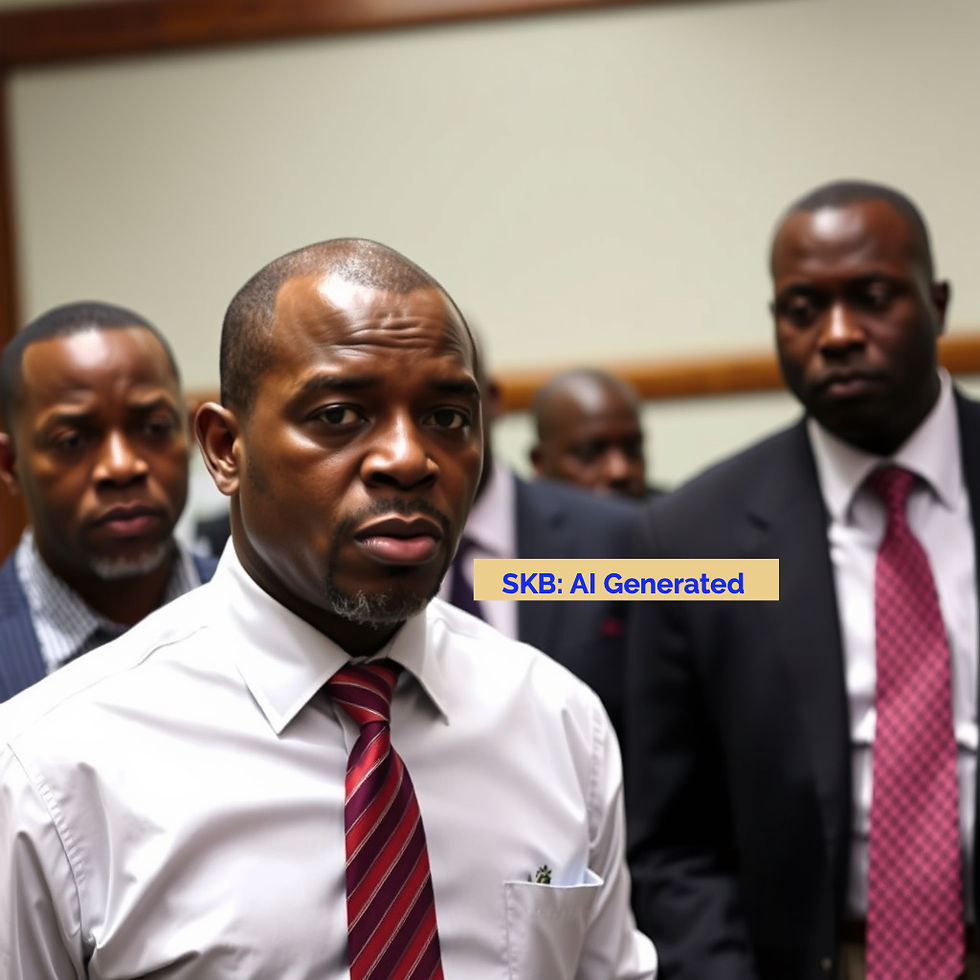Unity Party Leader Femi Claudius-Cole Warns of Potential for Worsened 2028 Election Outcome
- Sarah Kallay

- Aug 11, 2025
- 2 min read

Femi Claudius-Cole, leader of the Unity Party, has voiced strong concerns that the groundwork is being laid for a 2028 general election that could be "worse" than the 2023 polls.
Her apprehension stems from several key issues, primarily the lack of comprehensive dialogue regarding the electoral system and the push for a national ID card that she argues lacks legal basis.
Claudius-Cole highlighted the unfulfilled promise of a comprehensive dialogue to decide between the first past the post or proportional representation (PR) systems.
She criticized the consultations held thus far as very, very inconclusive and very non comprehensive, expressing shock that as a political party leader, she has received no communication regarding these discussions.
She noted a strong inclination towards the proportional representation system, observing that both the President and the Minister of Information and Communication are advocating for it.
Claudius-Cole described the PR system as so not clear, citing so many gray areas and pitfalls that is easy for rigging to happen, it is easy for numbers to be fixed, and that it lacks the immediacy and the clarity of first past the post.
Beyond the electoral system debate, Claudius-Cole raised alarm about the foundation that has been laid concerning a mandatory national ID card for every Sierra Leonean. She emphatically stated that the national ID card is not in the law.
If you are stopped in the street and ask for your ID card, the law has been breached, she stated.
She urged legal minds with knowledge of the difference to educate the public.
Furthermore, Claudius-Cole questioned the practicality and fairness of such a requirement in a nation where many struggle to meet basic needs.
In a society that barely affords a meal, a family of two or three barely make ends meet, to stop in the street and ask for ID cards is outlandish at best, she concluded, underscoring the potential for such measures to disenfranchise citizens and exacerbate existing challenges ahead of the crucial 2028 elections.




Comments